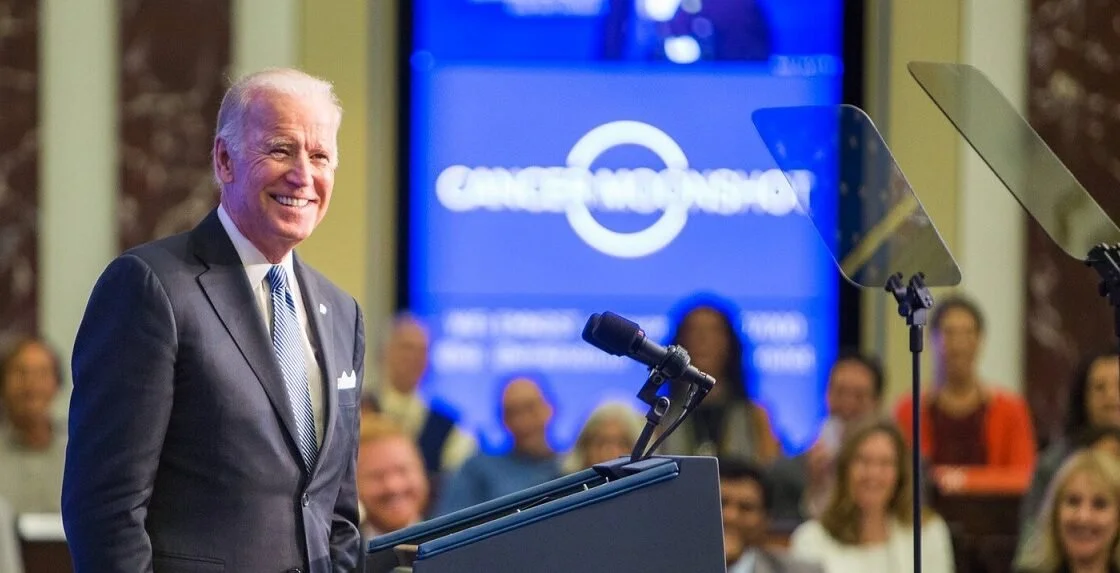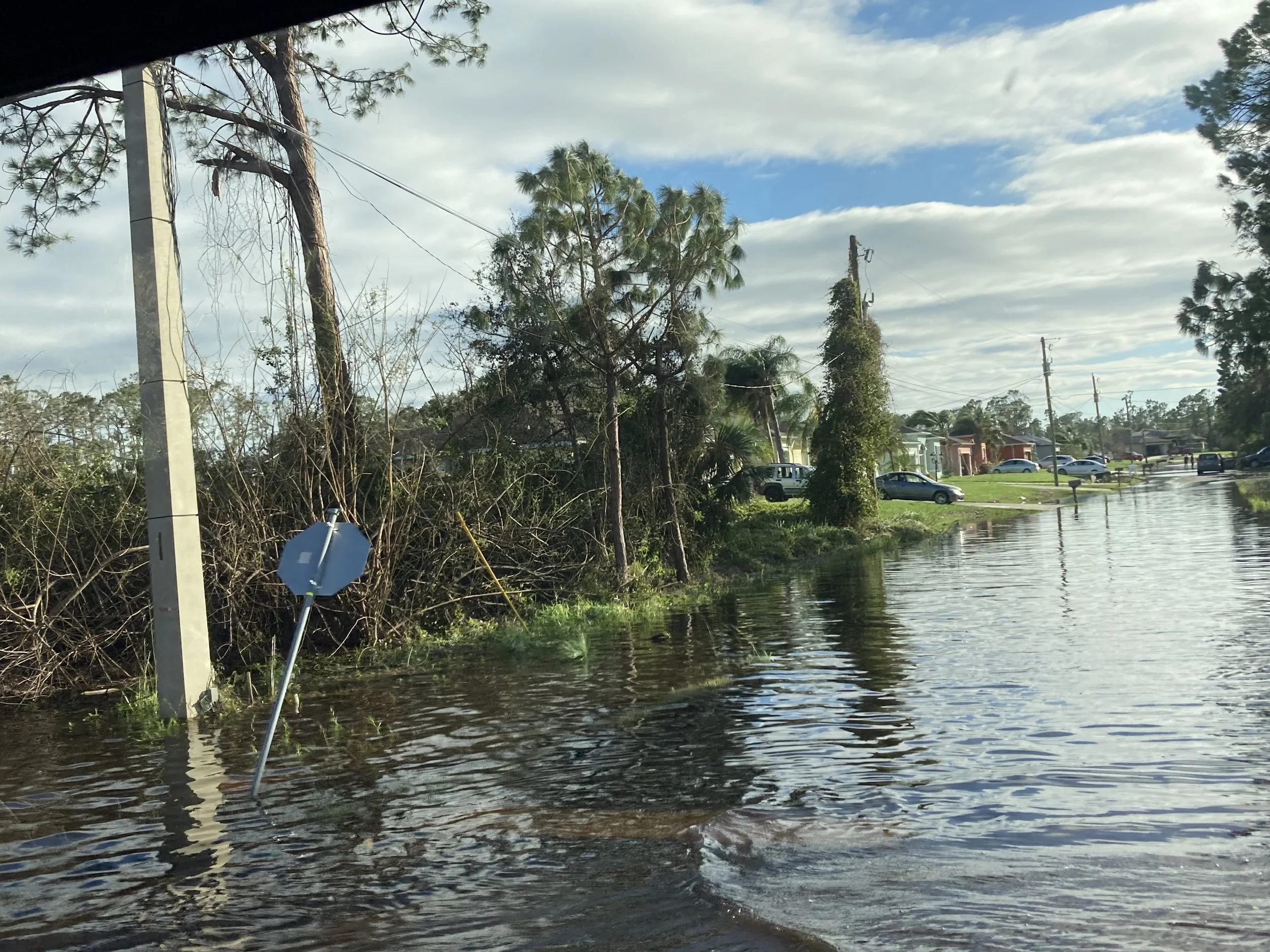Students march to President Holley’s House in support of Palestine
Over 50 American mass shootings occur in first month of 2023
As of Feb. 2, approximately 54 mass shootings have already taken place in 2023 in the U.S. The most destructive mass shooting of the year so far occurred in Monterey Park, CA, resulting in the deaths of 11 victims and the injury of nine others. On Jan. 21, a man opened fire at approximately 10:30 p.m. PT in the Star Ballroom Dance Studio. The shooter then attempted to open fire in the nearby Lai Lai Ballroom & Studio in Alhambra, CA, according to the Los Angeles Times.
Professor discusses living trauma sites in Ukraine
The Russia-Ukraine War, which began in February 2022, continues to bring chaos and anguish to the lives of Ukrainian citizens. The war has led to determinative events that will serve to isolate its perpetrator, Russia, from Western democracies, and is responsible for waves of global economic instability, according to The New York Times.
Biden administration extends Public Loan Service Forgiveness program
College graduates previously employed in public service are getting a break this month. The Biden administration and Federal Student Aid office announced that the ongoing Public Service Loan Forgiveness program will extend its services to previously-ineligible borrowers. The deadline for this small expansion is Oct. 31.
Mount Holyoke students speak about the effects of Hurricane Ian
On Sept. 28, Hurricane Ian made landfall in Florida, entering a three-way tie for the state’s fourth-strongest hurricane, according to The Washington Post. The hurricane’s 155 mph winds battered the Florida coast and caused massive flooding in southwest and central Florida cities, according to the BBC.
Vladimir Putin and Xi Jinping convene at summit in Uzbekistan
Photo courtesy of The Kremlin/President of Russia’s Office via WikiMedia Commons.
The president of Russia, Vladimir Putin, and the president of China, Xi Jinping, pictured prior to their discussions in Beijing this year, during which Xi alluded to the February 2022 Ukrainian invasion.
By Amelia Potter ’26
Staff Writer
Before the invasion of Ukraine this past February, Chinese President Xi Jinping and Russian President Vladmir Putin declared a friendship of “no limits”, as reported by The New York Times. As it turns out, there are boundaries to this political allyship. The Times reported on Sept. 15, Jinping and Putin convened at a summit in Uzbekistan along with several other state leaders. According to NPR, the summit was a gathering of members from a security group created by China and Russia to counterbalance the influence of the United States.
The New York Times described the countries as coming to the meeting from places of “mutual weakness.” As stated by The New York Times, China is currently experiencing an “economic slowdown” — a consequence of strict COVID-19 restrictions and lockdowns. Putin, on the other hand, faced criticism as the war effort in Western-backed Ukraine turned against him. This month, as reported by The New York Times, Russia has lost “1,000 square miles” of territory. Despite Putin’s attempts to project strength, U.S. officials estimate there have been up to “80,000 Russian casualties in less than six months.”
Since the invasion of Ukraine triggered severe economic sanctions from the U.S. and other European countries on Moscow, China has been an economic lifeline for Russia. The New York Times reports that China remains a significant buyer of Russian commodities, and continues to be a crucial market for Russian exports.
As reported by The New York Times, Putin said at Thursday’s summit, “We highly appreciate the balanced position of our Chinese friends in connection with the Ukrainian crisis. We understand your questions and concerns in this regard,” Putin said during the meeting. Xi, however, did not speak of Ukraine. He only provided the statement that,“In the face of changes in the world, times and history, China is willing to work with Russia to demonstrate the responsibility of a major country, play a leading role, and inject stability and positive energy into a turbulent world.” The New York Times reported that scholars familiar with statements from the Chinese government interpreted Xi’s statement as an “implicit rebuke” of the invasion.
Ties between China and Russia go back to 1949, when the People’s Republic of China established a strong bond with the Soviet Union, according to the Center for Strategic and International Studies. Although the dynamic of their relationship has fluctuated in the subsequent decades, since 1989 the partnership has grown in scope. As reported by the same source, in 2019 President Xi said, “The China-Russia relationship is seeing a continuous, steady and sound development at a high level, and is at its best in history.” Additionally, The New York Times also detailed how Russia provided public support for China’s stance against Taiwan, and the Russian government swiftly denounced the visit of Speaker of the United States House of Representatives Nancy Pelosi to Taiwan as “provocative.” Yet, as Russia reaches a fragile moment in the war effort, China remains cautiously distant and steadfast. According to the same New York Times article, to lend any substantial aid or military support to Putin would risk provoking Western sanctions upon China’s already weakened economy. Russia has thus been obligated to turn to North Korea and Iran for military weapons.
As described by the New York Times, talks with Russia took backseat to Xi’s agenda with the other attending leaders of Central Asia — many from former Soviet republics and uneasy with Putin’s willingness to use force to regain former U.S.S.R. member Ukraine.
The partnership between Putin and Xi remains outwardly amicable. According to The New York Times, the Russian foreign minister Sergey V. Lavrov claimed that China and Russia still “see completely eye to eye on the international situation.” The same article reported that China has continued to reaffirm Russian propaganda over the last few months.
Nevertheless, by not endorsing the Ukrainian invasion nor lending substantial aid, Thursday’s summit served to display some limitations of the so-called unconditional political allyship of China toward Russia, and drew lines — albeit vague and perhaps temporary ones — in the sand.
Queen Elizabeth dies at age 96
Photo courtesy of Julian Calder via WikiMedia Commons.
Queen Elizabeth II, above, pictured in 2011.
By Anoushka Kuswaha ’24
News Editor
Queen Elizabeth II of the United Kingdom died at 96 years old on Sept. 8, 2022, at her Scottish estate, Balmoral Castle, according to BBC News. The former queen acceded to the British throne in 1952, following the death of her father, King George V. Her 70-year reign is the longest in British history, according to CNBC.
Buckingham Palace announced her death at 6:30 p.m. BST. News of the monarch’s death followed an early-afternoon statement from Buckingham Palace announcing that the queen had been placed under medical supervision, according to The New York Times. Her cause of death remains unknown.
The queen’s death paved the way for her son, Charles III, to assume the throne. In a break from tradition, he will be retaining his given name as his regnal name — King Charles III. King Charles is the oldest person to become monarch in British history, taking the throne at the age of 73, according to The New York Times.
Women Leading Climate Action: Jacinda Ardern Declares New Zealand Climate Emergency
On Dec. 2, at the Parliament House, New Zealand Prime Minister Jacinda Ardern declared a climate emergency. Stating that climate change is “one of the greatest challenges of our time,” Ardern committed the nation to the development of a carbon-neutral government by 2025. Ardern implored the country to act with urgency, confirming that the motion recognizes “the devastating impact that volatile and extreme weather will have on New Zealand and the wellbeing of New Zealanders, on our primary industries, water availability, and public health through flooding, sea-level rise, and wildfire.”
U.S. Pulls Out of Paris Climate Accord
As ballots were counted, the United States hung in an unprecedented election limbo for results that would define political, social and economic landscapes for the next four years. In the midst of national uncertainty, President Donald Trump made an announcement on Wednesday, Nov. 4 that would further complicate the future of national and global action: the official withdrawal of the United States from the Paris Agreement.





